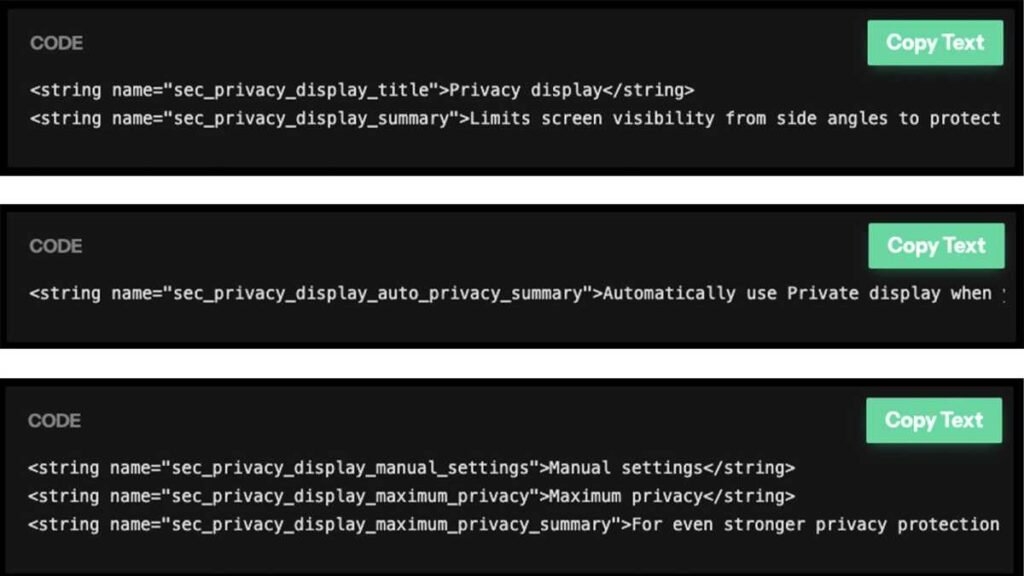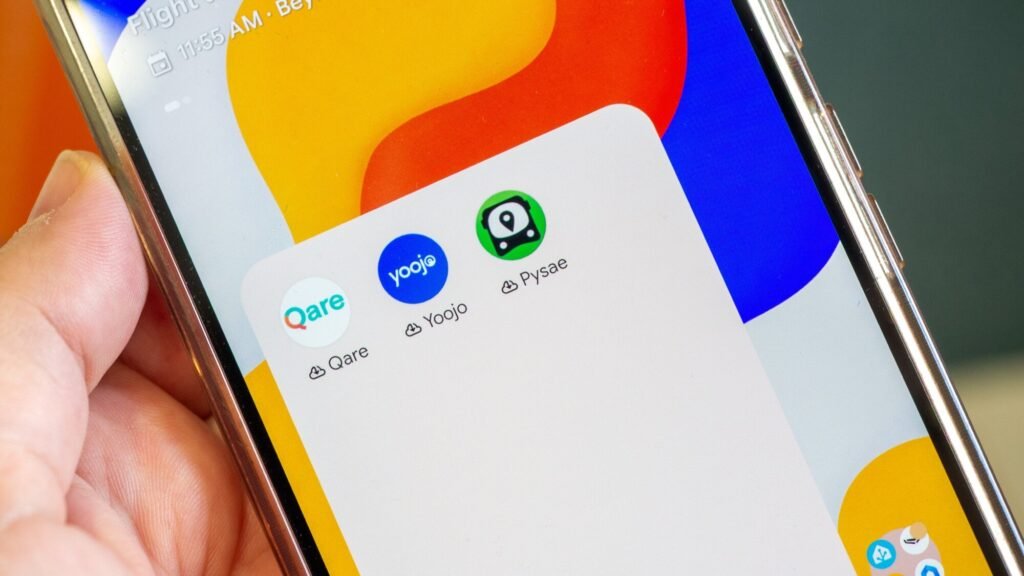
Physicist Albert Einstein famously posited that if he only had an hour to crack a daunting problem, he’d devote 55 minutes to understanding it and only five minutes to crafting a solution. Einstein believed that the most difficult aspect of problem-solving was gaining a comprehensive grasp of the challenge to be addressed.
That viewpoint has been corroborated by a University of Miami Patti and Allan Herbert Business School economist who co-created a mobile phone app that collected data from more than 7,000 test subjects scattered around the globe.
Alex Horenstein, associate professor in the Department of Economics and associate dean of undergraduate business studies, teamed with HEC Paris economist Konrad Grabiszewski to create an engaging mobile strategy game, Blues and Reds, that doubled as a sophisticated behavioral experiment. An article about Horenstein’s project, “Understanding Dynamic Interactions,” was published by Games and Economic Behavior, a general-interest journal devoted to game theory and its applications.
“The project showed that, most of the time when people reach the wrong outcome, it’s not because they don’t know how to solve problems,” Horenstein observed. “It is because they do not understand the problem they were supposed to solve.
“For example, if you say I want to go from Point A to Point B and you don’t take into account that one of the streets that you plan to take is one-way, in your head you might have solved the right problem, namely, “Which is the shortest path to take?'” said Horenstein. “But you found the solution to the wrong problem, because in your shortest path, you assumed a one-way street was two-way.”
The genesis of Blues and Reds stems from a 2015 Metrorail ride Horenstein took from Coral Gables to Brickell with Grabiszewski. They were colleagues at Miami Herbert at the time and during their northerly Metrorail trek, both economists noticed that most of their fellow commuters were glued to their cellphones.
“People are interacting with the real world through their phones,” Horenstein recalled thinking during the Metrorail ride with Grabiszewski. “So, we asked ourselves: ‘Why don’t we create an experiment that takes place right in the phone, in an environment where people are already comfortable interacting?'”
Set in the iPhone/Android domain, that’s a staple of modern life. Blues and Reds present the same strategic problems to players, but in different formats. One version lets players see the complete game structure laid out like a traditional decision tree, to include all possible moves and potential outcomes.
In the second version, players get the same information, but have to construct a decision tree on their own. Connections between choices and outcomes aren’t delineated and need to be figured out. The non-tree iteration calls for doing the additional cognitive work of understanding the problem structure.
“One of the important things about Blues and Reds is that it is proposing a new way to conduct experiments, without necessitating a physical lab or direct interaction with the participants,” Horenstein said. “Blues and Reds gives you access to a very rich dataset, and it allows you to gather data on a worldwide basis.
“We have data from thousands of people in more than 100 countries, which is hard—if not impossible—to do in a lab setting at a university.”
Horenstein added that to the best of his knowledge, Blues and Reds was the first mobile phone app designed specifically to conduct research in economics.
Although the Blues and Reds app is no longer active—it was retired after the data collection phase finished—the project remains a pioneering example of how mobile technology can be used to conduct large-scale behavioral experiments.
More information:
Konrad Grabiszewski et al, Understanding dynamic interactions, Games and Economic Behavior (2025). DOI: 10.1016/j.geb.2024.10.010
Citation:
Understanding problems tougher than solving them, mobile game experiment shows (2025, September 25)
retrieved 25 September 2025
from
This document is subject to copyright. Apart from any fair dealing for the purpose of private study or research, no
part may be reproduced without the written permission. The content is provided for information purposes only.







